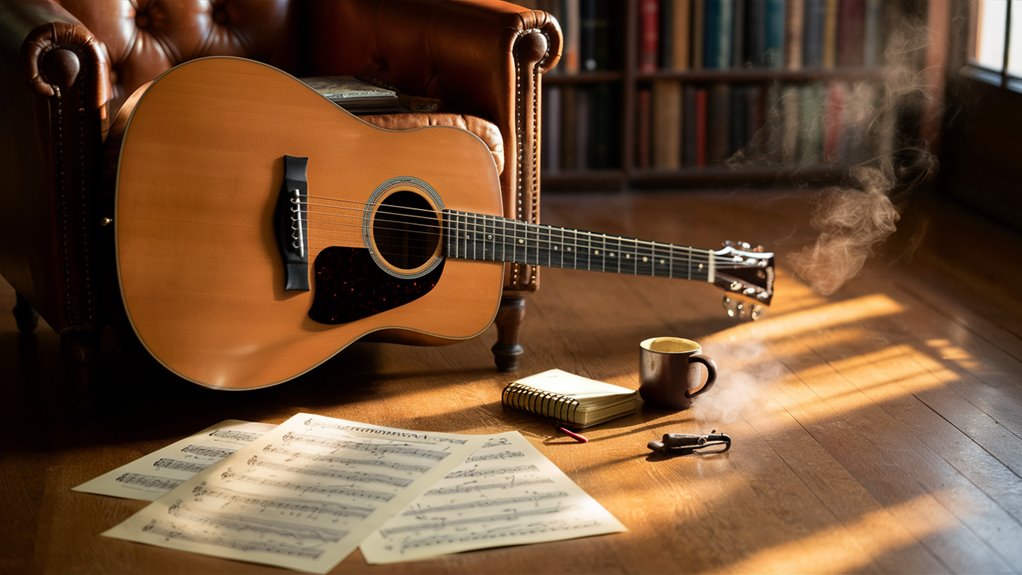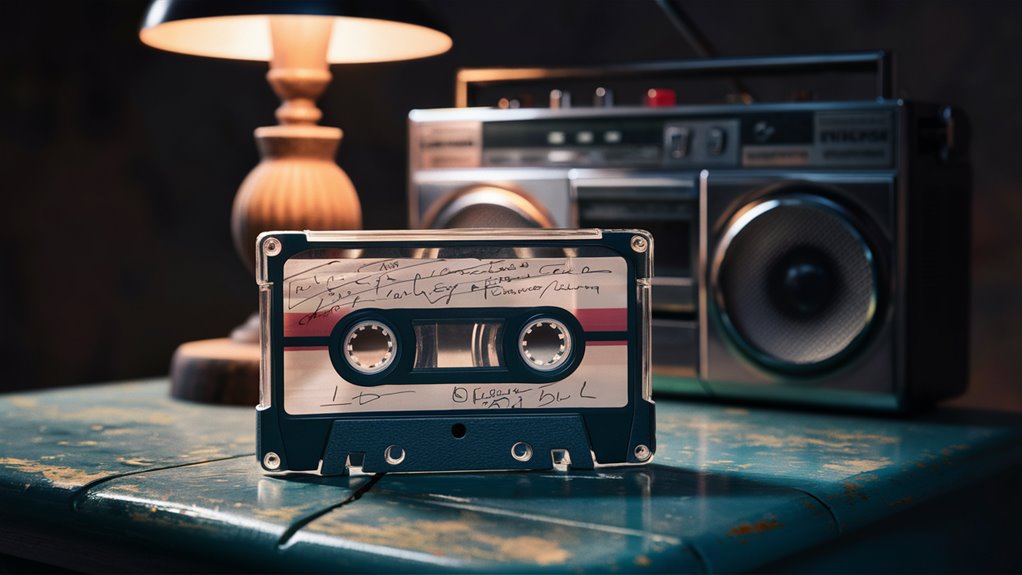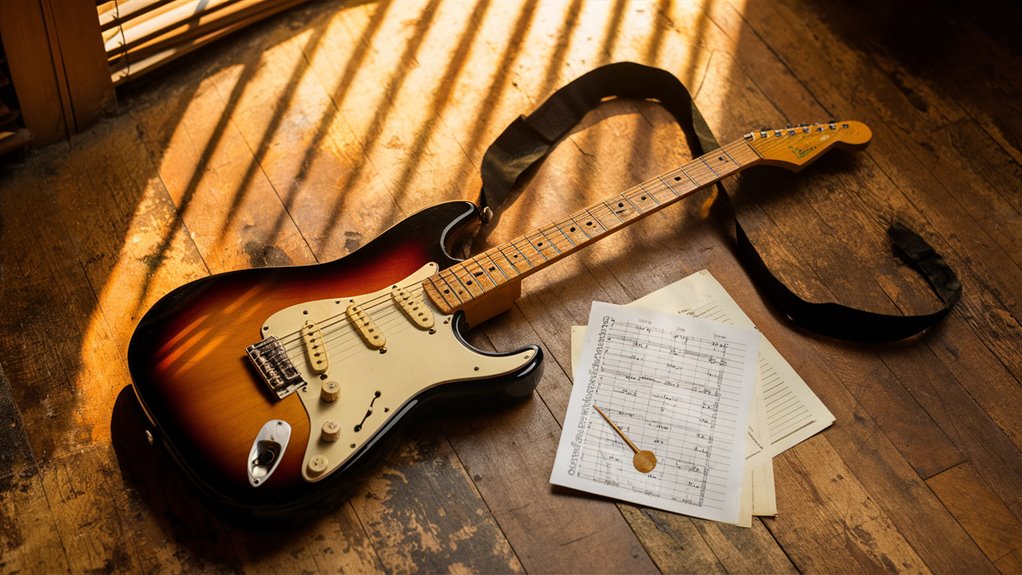How to Make Your Own Karaoke Room
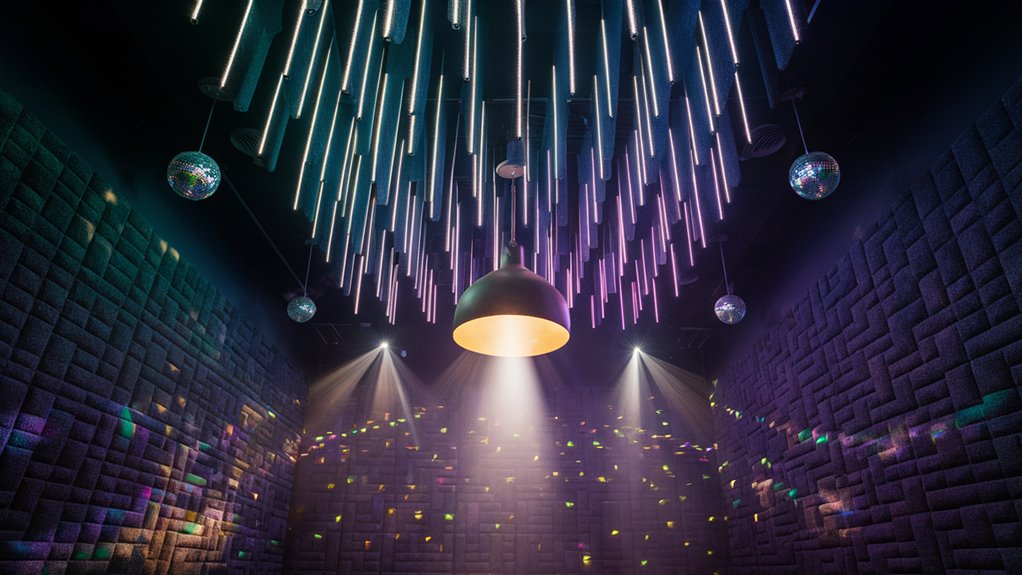
Building a top-level karaoke room needs good planning and focus on key parts. Begin with picking a space of at least 120 square feet with 8 feet high ceilings for good sound and ease of moving around.
Soundproofing and Sound Control
Put up two layers of drywall with Green Glue compound in between for great sound blocking. Add sound panels to 25-30% of the walls and put bass traps in the corners to manage sound echo and soak-up. This mix gives good sound while keeping noise in.
Setting Up Audio Gear
Use a top audio mixer with over 8 channels for better sound handling. Put in powerful speakers (100W or more) and a specific subwoofer for full sound. Place speakers well to spread sound evenly in the room.
Lights and Feel
Set up DMX-controlled LED lights including:
- RGB LED strips for soft light
- Changeable spotlights for the stage
- Color-shifting fixtures for cool effects
Entertainment System Setup
Install a touchscreen system linked to a digital song list for easy song picking and line management. Also have:
- Pro mic system
- Digital song library
- Real-time pitch adjuster
- Screen for videos
Comfort and Ease
Add comfy seats with drink holders for both singers and watchers. Set furniture for clear views to the screens while keeping open spaces for performances.
Key Guide for Planning Your Karaoke Spot
Room Specs and Layout
The best karaoke room setup starts with three main things: room size, shape, and good placement.
A minimum room size of 120 square feet is good for 4-6 singers, while 200 square feet is best for bigger groups.
Square or rectangle rooms are best for sound and managing it compared to non-standard shapes.
Choosing the Place and Managing Sound
Basement spots or rooms away from sleeping areas are best for karaoke spots. These choices cut down sound going to other parts of the home.
Key room needs include:
- At least 8-foot ceiling
- Four electrical circuits just for this
- Good air system
Zone Planning and Moving Around
Smart karaoke room design needs careful zone picking: How to Create the Perfect Karaoke Setlist for a Party
- Stage area: At least 36 square feet
- Seats for watchers: 15 square feet per person
- Equipment zones: Good spots for speakers, screens, and wires
Door place and swing way should use space well and allow easy moving during shows.
Speaker spots, screen mounts, and wire paths must be well planned before setting up.
Guide on Soundproofing and Sound Fixing
Pro Sound Block Solutions
Sound blocking starts with smart use of many layer barriers.
Heavy vinyl barriers are the base, while double-layer drywall with Green Glue compound stops sound from passing through.
Crucial channels keep wall surfaces apart, lowering noise move.
Needed Materials for Soundproofing
How well it works hangs on covering it all well:
- Sealant for no air gaps and joints
- Solid doors with pro sweeps
- Floating floors to cut noise when walking
- Heavy vinyl for top sound blocking
Needed Gear for Karaoke Setup Guide
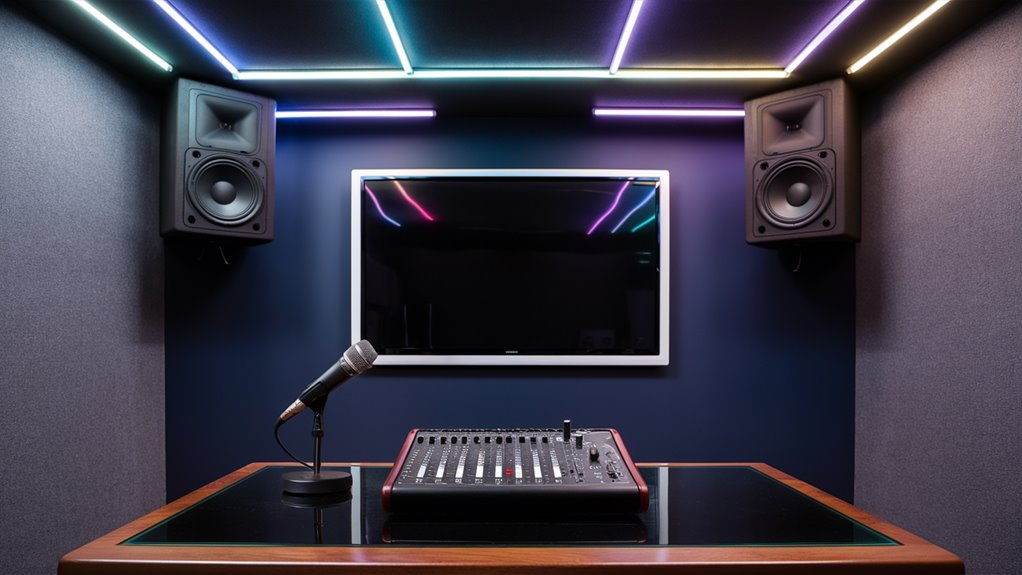
Main System Bits
A pro-level karaoke setup needs careful picking of key audio gear and digital parts.
The base starts with a versatile karaoke machine that can handle different formats like MP3, MP4, and CDG files.
Sound System Setup
Install a strong amp with 100+ watts per channel, linked to full-range speakers placed well for good sound.
A pro mixing board with at least 8 channels and built-in effects makes sure of good sound mix.
Choose two wireless mics with one-way pick-up to stop sound feedback problems, and keep one extra wired mic.
Digital Core
The system’s heart needs a dedicated computer running pro karaoke software for steady work.
Key parts include:
- Backup storage for the music list
- Surge-safe power set-up (15-amp minimum) 여행자 주의사항 보기
- Digital song control system for smooth playlist handling
Pro Room Lighting and Visuals Guide for Karaoke
Key Light Bits
DMX-controlled LED setups form the base of pro karaoke room lights.
Lights on tracks on the ceiling give flexible coverage, while RGB LED strips along the walls give smooth light with fun color changes.
Stage Lights
Moving head lights make singers seen and give fun beam tricks.
A mix of synced laser systems and a classic mirror ball with lights makes cool disco vibes.
Pro-level DMX boards with set functions make sure you can control all light parts well.
Needed Comfort and Look Pieces for Karaoke Rooms
Best Seats and Layout
Smart seat set-up is key for best guest fun and comfort during karaoke times.
Add a good mix of top lounge seats like soft sofas and single chairs, placed well for clear looks to the main screen and other people. This layout fix boosts social talks and lets everyone see the action well.
Sound Fixing and Air Control
Pro sound handling needs full sound solutions. Put in top sound panels, thick carpets, and sound-blocking curtains all over.
Keep the air cool between 68-72 degrees F (20-22 degrees C) to make sure singers stay comfy during lively shows and long times singing.
Room Look and Use
Pro karaoke room look needs careful eye on style and use. Pick dark matte finishes for walls to cut light bounce and make a cozy feel.
Have special spots for gear like mics, songbooks, and extras. Set drink spots and song pick spots smartly in the room.
